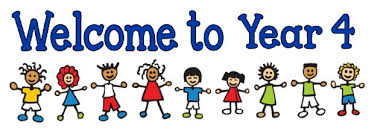
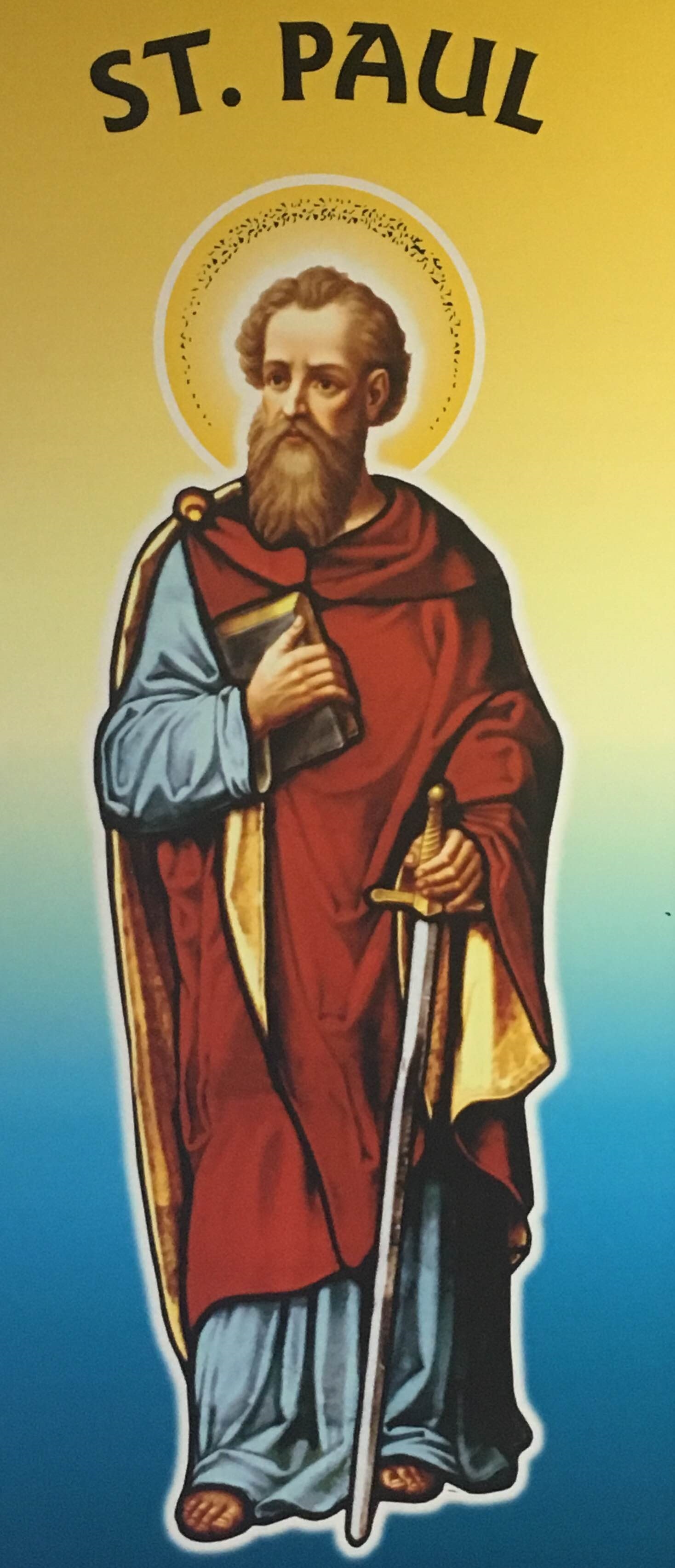
St. Paul
Paul is the great apostle who hated and first tortured the Christians, making them suffer much. Then on his road to Damascus Jesus changed his heart and he was converted. We celebrate Paul's conversion on January 25.
At the time of his conversion, Jesus had said: "I will show him how much he must suffer for me." St. Paul loved Jesus very much, so much, in fact, that he became a living copy of our Savior. All his life, as a missionary, St. Paul met troubles and went through dangers of every kind. He was whipped, stoned, shipwrecked, and lost at sea. Many, many times he was hungry, thirsty and cold.Yet he always trusted in God. He never stopped preaching. "The love of Jesus presses me onward," he said. In reward, God gave him great comfort and joy in spite of every suffering.
We read about his marvellous adventures for Christ in Luke's Acts of the Apostles, beginning with chapter nine. But St. Luke's story ends when Paul arrives in Rome. He is under house arrest, waiting to be tried by Emperor Nero. A famous early Christian writer, Tertullian, tells us that Paul was freed after his first trial. But then he was put in prison again. This time he was sentenced to death. He died around the year 67, during Nero's terrible torture of the Christians. Paul called himself the apostle of the Gentiles (people who were not Jews) and he preached the Good News of Jesus to them. That took him to the far ends of the world. Because of Paul, we, too, have received the Christian faith.
aUTUMN pARENTS iNFORMATIONaUTUMN NEWSLETTER
aUTUMN CROSS CURRICULAR PLANNING
aUTUMN FOUNDATION SUBJECT PLANNING
aUTUMN TIMETABLE
SPRING TERM newsletter
SPRING TERM FOUNDATION SUBJECTS
SPRING CROSS CURRICULAR LINKS
SPRING TERM TIMETABLE
SUMMER TERM CROSS CURRICULUAR LINKS
SUMMER TERM FOUNDATION SUBJECTS
SUMMER TERM TIMETABLE
SUMMER TERM newsletter
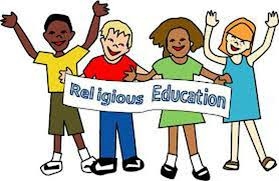
|
We will be following the units of work outlined in the new RED.
Core Skills (Ways of Knowing): Students develop skills to:
• Understand: Grasping core texts, beliefs, and practices.
• Discern: Evaluating meaning and truth in religious contexts.
• Respond: Reflecting personally and acting on their faith.
Topics covered
Spring 1st - From Galilee to Jerusalem.
Spring 2nd – From Desert to Garden
|
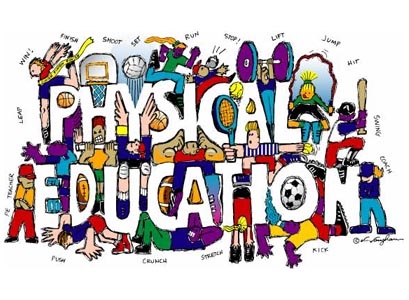
Lessons Planned and taught by External Sports Company Non-Stop Action.
|
P.E. will continue to be provided by Non-Stop Action
1st half
Volleyball Skills: running, jumping, throwing and catching.
Play competitive games using a net.
Take part in outdoor and adventurous activity challenges both individually and within a team.
2nd half
Basketball: running, jumping, throwing, bouncing, passing, scoring.
Play competitive games using a net.
Take part in outdoor and adventurous activity challenges both individually and within a team.
|
|
Swimming
Development of swimming skills taught at Waverley School.
|
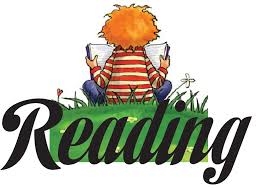
|
Focus around a classic text-
Guided/collaborative Reading Individual Reading
AF questions set in children’s reading records.
Children encouraged to complete the review, reflect, find and explain on selected texts read at home.
|
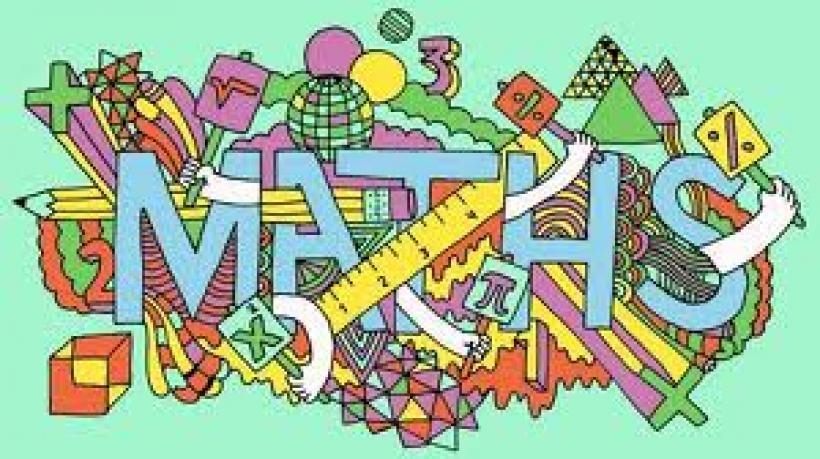
|
We follow the objectives of the national Curriculum 2014 using White Rose Maths
Topics covered this term:
-
Using White Rose maths
-
Topics covered this term:
-
Multiplication and Division (B)
-
Length and Perimeter
-
Fractions
-
Decimals (A)
In addition: Daily multiplication tables practice using Purple Mash programme.
Mental recall of times tables completed each week in their maths books.
|
Humanities: Geography
Europe
|
LINKED WITH ICT & LITERACY
• To locate Europe on a globe.
• What are the main regions of Europe?
• What are the languages spoken in Europe?
• To name different countries of Europe.
• To describe the population of different European countries.
• To learn about the five primary rivers in Europe.
• Organise information about the location of Europe’s primary rivers.
• Locate and label the main mountains in Europe
• Explain different physical features of European mountains.
• Recognise different resources that are trade.
• How resources are traded
• Why is trade important for the economy?
|

Creative Writing
Planning and writing stories
Character description
Settings description
Diary entries
Letter writing
Fiction
Heroes and Villains
Paris
Climate Change
Fantasy Story (The BFG)
Narrative poetry
Non-fiction Writing
(also Linked with Topic)
Persuasive writing
Newspaper report
Instructions
Report writing
Non-chronological reports
Explanations
Information texts based around France (Geography link)
Spelling and Punctuation: Weekly spelling homework and tests, ongoing consolidation and revision of punctuation, letter formation and joins.


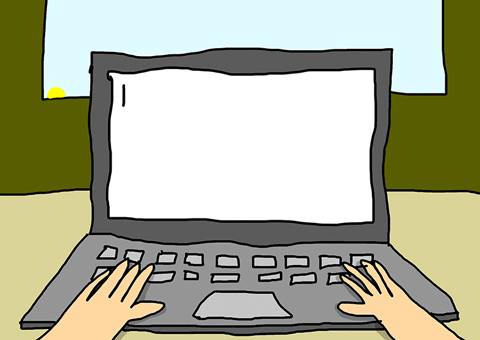
Pupils to be able to:
Understand and apply the fundamental principles and concepts of computer science
Analyse problems in computational terms and gain experience of writing simple computer programmes in order to solve problems
Evaluate and apply information technology, including new or unfamiliar technologies, analytically to solve problems
Be responsible, competent, confident and creative users of information and communication technology
In addition
Pupils will use the computer to research information linked with their Geography, RE, Science and Literacy topics where appropriate.
|

Children will be taught by a specialist French teacher Mrs Ramdarshan.
Pupils will learn to:
• Listen to the French spoken language and show understanding by joining in and responding.
• Engage in conversations; ask and answer questions and express opinions
• Speak in sentences, using familiar vocabulary, phrases and basic language structures
• Develop accurate pronunciation and intonation
• Present ideas and information orally to others
• Read carefully and show understanding of words, phrases and simple writing
• Broaden their vocabulary
• Write phrases from memory
• Describe people, places, things and actions orally and in writing
• Understand basic grammar
Learn songs, stories, rhymes and poems in French
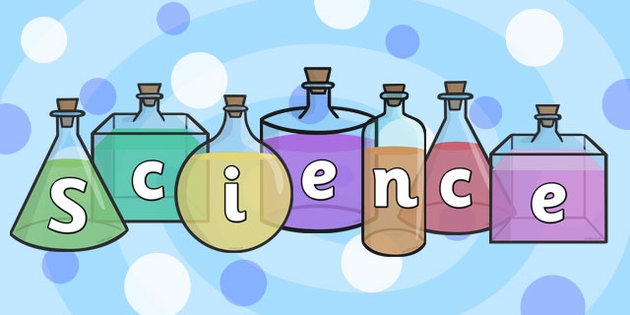
|
Sound
Pupils will be taught to:
• Identify how sounds are make, associating these with vibrations.
• Recognise that vibrations from sounds travel through a medium to the air
• Find patterns between the pitch of sound and features of the object that produced it
• Find patterns between the volume of a sound and the strength of the vibrations that produced it
• Recognise that sounds get fainter as the distant from the sound source increases
Scientific enquiry
Investigations to find which material provides the best insulation against sound.
2nd half term
Living things and their Habitats
Statutory requirements
• Recognise that living things can be grouped in a variety of ways
• Explore and use classification keys to help group
• Identify and name a variety of living things in their local and wider environment
• Recognise that environments can change and that his can sometimes pose dangers to living things
Pupils will work scientifically by:
• Using and making simple guides or keys to explore and identify local plants and animals
• Making a guide to local livings things
• Raising and answering questions based on their observations of animals and what they have found out about other animals that they have researched
|

|
Designing and making a money purse.
The children will:
- create a design brief for their money purse.
-annotated sketches for their design
-investigate and analyse a range of money purses
-investigate how different money purses are held together
-make their money purse by using the correct tools
-use the skills of cutting, shaping, joining, sewing and finishing accurately
|
|
(following the TEN TEN programme of study)
Module 2: Created to Love Others
• Unit 1: Religious Knowledge: Jesus My Friend
• Unit 2: Personal relationships. Family Friends and Others. When Things Feel Bad
• Unit 3:Life Online. Sharing Online. Chatting Online.
• Unit 4: Keeping Safe. Safe in my body. Drugs, Alcohol and Tobacco. First Aid Heroes, Rights and Responsibilities.
|